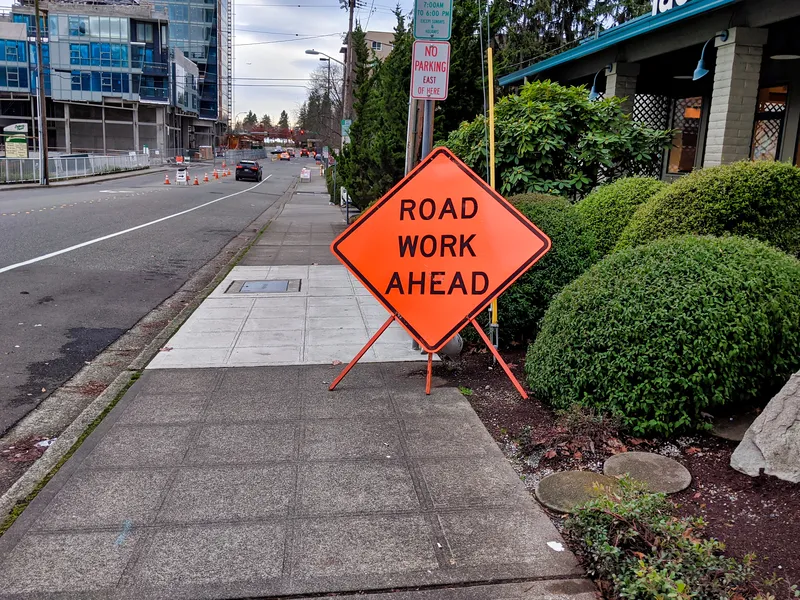
The Pennsylvania Department of Transportation (PennDoT) is to adopt a workzone reservation system to help minimise congestion while crews complete repairs to roads and bridges.
When complete, the Lane Reservation System will be similar to making an online reservation at a restaurant in that it may provide an alternative slot at 4:30 pm or 9:00 pm if there is no availability at 7:00 pm.
For example, if a work crew wants to reserve a lane on Interstate 76 near King of Prussia at 5.00 pm on a Thursday night, they will find that reservations are not available.
However, the PennDoT says that they will be able to make a reservation to perform needed road work during off-peak hours as defined in the system.
The department will use various data sources and tools to determine the most appropriate times to allow workzone reservations. It will use the Freeval-PA analysis tool to identify and deploy the most effective workzone configurations.
According to the PennDoT, this approach will help ensure the safety of the workers, reduce congestion on major roadways, and eliminate conflicts between other workzones in the area.
This information can then be shared with others through a standard data feed and will help traffic management centres do their jobs better, the department adds.
The project will incorporate a number of preliminary documents and requirements developed in collaboration with the Pennsylvania Turnpike Commission.
The Lane Reservation System will be built on the platform PennDoT currently uses for command and control of intelligent transportation equipment. It will offer various ways to access the system, such as PennDoT's Road Condition Reporting System for internal staff as well as an app for those outside of its network.
The project is currently going through the final IT approval steps and is set to begin this September. Completion is expected by 2022.










